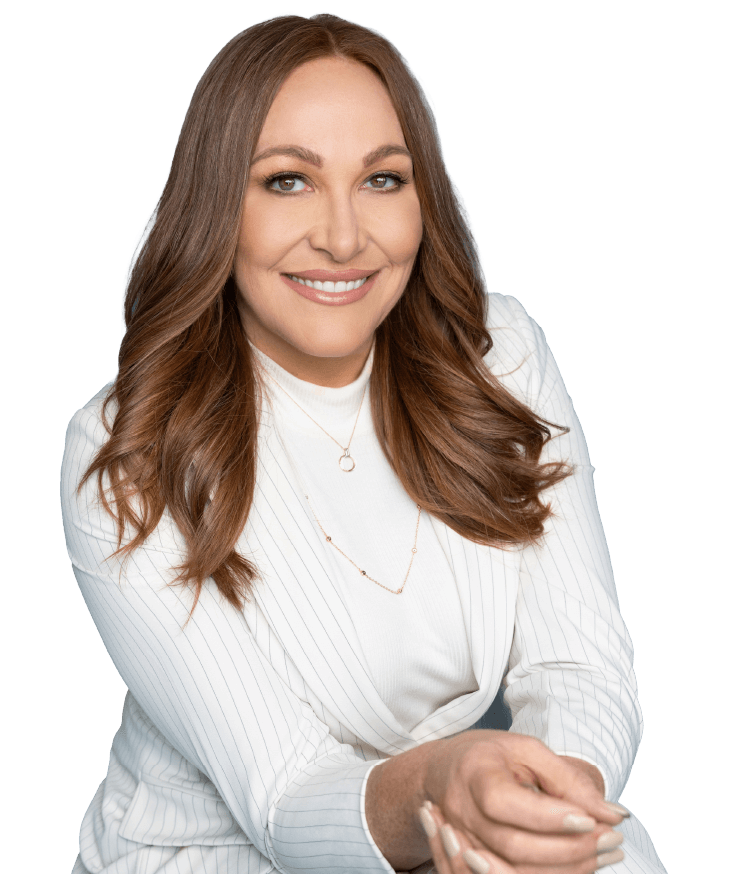A Look at Different Mortgages for Different Circumstances

There are a plethora of mortgage types to suit each homeowner and their unique circumstances. We will not go over every type of mortgage for brevity’s sake, but it is important to consider what your specific situation may need. Some questions you may want to ask yourself are:
-
How is my credit score and how will it impact my ability to secure a mortgage?
-
How long do I want to live in this house?
-
Do I want to pay smaller installments for longer, or larger installments for a short period of time?
-
Do I want fluctuating payments or a set rate? Will I want to make additional payments?
While there are more questions to focus on in order to find you the absolute best fit in terms of mortgage, your mortgage broker will be able to lay out all of the nuances and all of the factors they have observed of your life, credit, and financial situation to find the best fit for you. In this blog we are simply exposing you to some of the mortgage options available to you in order to give you a jumping off point when it comes to considering a mortgage, especially if you have any exceptional factors that may complicate mortgage acquisition.
For context, a mortgage is essentially a long term contract for a loan repayment that most people looking to buy a home apply for because most people do not have $500 000 on hand. Banks will require a downpayment of a minimum of 5% of the loan requested. As with almost every loan repayment, there is interest applied to mortgages. The two most common factors to discuss is if you would prefer to have a fixed or variable-rate mortgage, which means that the interest rates applied to your mortgage can be set up in different ways that work best for you. While having a fixed-rate mortgage protects you from financial stress in the event of rising mortgage rates, it also prevents the account holder from having their mortgage rate possibly lowered.
Fix-rate mortgages allow homeowners to have the security of knowing what their monthly payment will be, every month. It also makes it easier to calculate what the mortgage will cost you over a longer period of time. On the other hand, if you are acquiring a mortgage in the immediate future and have reason to believe that interest rates could go into decline -which we have pointed out is likely to happen in our last blog post- then a variable-rate mortgage may be more advantageous.
Canadian banks and money lenders, in collaboration with the government, have created systems for people with other complicating factors in their lives, to also get mortgages. For example, the government has a Home Buyer’s Plan, for first-time buyers to withdraw money from their RRSPs to help them buy or build their first home. And, for the self-employed, Canadian money lenders offer alternative routes for obtaining a mortgage that do not rely as heavily on proving one’s income, which can be more difficult for the self-employed. They may require a higher down payment, but some options are to provide records of self-employment, and to simply provide bank-statements instead of tax-returns or pay stubs.
This can be a lot to consider all at once. This information is not designed to fully inform any decisions you make about a mortgage, but is just here as a guide to help you get started thinking about it. If you are looking to get in touch with a mortgage broker but don’t know where to look for a trusted agent, let the Dione Irwin Team guide your search. Visit this link to get in touch with a mortgage broker.
